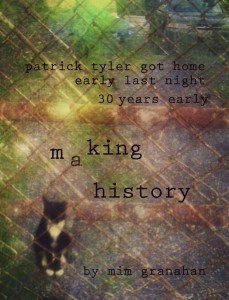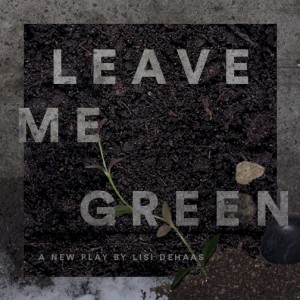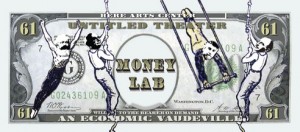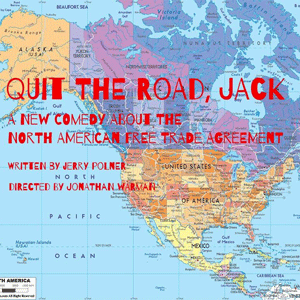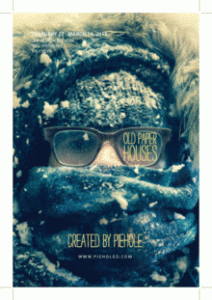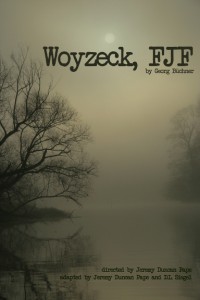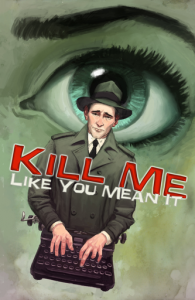 To celebrate this 150th Episode of the podcast—something a little different for Go See a Show!
To celebrate this 150th Episode of the podcast—something a little different for Go See a Show!
Instead of interviewing theatre-makers about their work, the mic is in front of the advocates who are behind various independent theatre community initiatives to make the process of making things in this city a little bit easier.
The episode was recorded at Crisis to Creation, a Town Hall hosted by the Martin E. Segal Theater Center and co-curated by Brad Burgess in collaboration with Frank Hentschker. The event brought together representatives from some of the city’s most active & innovative arts advocacy organizations, as well as the Department of Cultural Affairs Chairman Tom Finkelpearl, and the City Council Majority Leader (and this podcaster’s local councilman!), arts-champion Jimmy Van Bramer, who was presented with a special award for Civic Engagement in the Arts.
I was able to catch Councilmember Van Bramer on the mic to talk about just what civic engagement in the arts means to him, as well as several others advocating on behalf of artists in New York; he closes the podcast, but in addition to his comments, listen in to hear from:
—Chris Harcum, past podcast guest, the inspiration for this episode of GSAS!, former Managing Director of the League of Independent Theater, and fierce arts advocate
—August Schulenburg, Vice President of the Network of Ensemble Theaters, an organization for companies that work and create as an ensemble (and, another multiple past podcast guest!)
—Laura Caparrotti, head of the League of Independent Theater’s Foreign Language Working Group, working to enhance the visibility and overcome the unique challenges of producing foreign-language theatre in New York
—Heather Woodfield, Executive Director of One Percent for Culture, who are advocating the city to make city funding for culture 1% of the city’s municipal expense budget (currently, it’s .21%)
—Monica Valenzuela, Deputy Director of Staten Island Arts, the organization supporting the island’s independent artists
—Tamara Greenfield, Executive Director of Fourth Arts Block, the organization advancing the East 4th Street Cultural District (where a lot of shows covered on this podcast take place!)
Listen in to all these great folks discuss the incredible work they’re doing on behalf of New York’s independent arts community; and, I would encourage you (as Chris does there at the start of the episode) to join the League of Independent Theater, our community’s political advocacy organization. Membership is free, and you’ll be adding your voice to a chorus of artists advocating for the interests of independent theatre; those would be your interests, too. Come join us—we are the 99 seats (or less!).
“I love this work, I love these people…the truth is, it’s a little bit of self-interest, in the sense that politics is a difficult business to be in, and it can wear you down…but I get a lot of energy when I am around people in the arts community, and I love the vibe and I love the energy…I get stronger every time I come to something like this…” —New York City Council Majority Leader Jimmy Van Bramer
Podcast: Play in new window | Download
Subscribe:
 What do you do when you can’t fall asleep?
What do you do when you can’t fall asleep?
